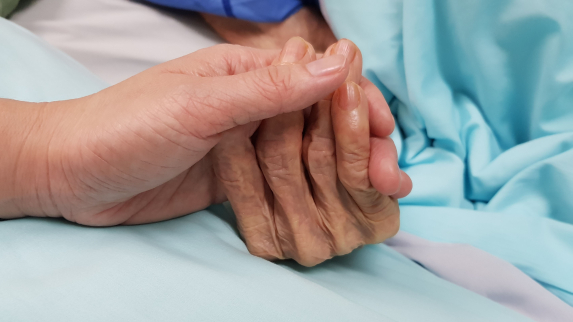A Rutgers-led survey found that only about 11% of New Jersey residents are aware the Garden State allows medical aid in dying. Although New Jersey passed the Medical Aid in Dying for the Terminally Ill Act in 2019, the study “lets us know that those with access to MAID may not be aware of their end of life health care options,” said Elissa Kozlov, an assistant professor in the Department of Health Behavior, Society and Policy at the Rutgers School of Public Health.
Medical aid in dying permits an attending physician to write a prescription for medication that a qualified terminally ill patient may self administer to end their own life. The practice is legal in 10 states, including New Jersey, as well as the District of Columbia.
For the study, published in JAMA Network Open, researchers surveyed 3,277 adults from all 50 states and Washington, D.C., to evaluate their knowledge of the legality of the practice, as well as their interest in potentially using it should they receive a terminal diagnosis in the future.Despite the fact that one-fifth of the U.S. population has access to medical aid in dying, researchers found that 51.3% of survey respondents didn’t know if the practice was legal in the U.S., and 50.8% were unsure about its legality in their own state. To read the full story.

